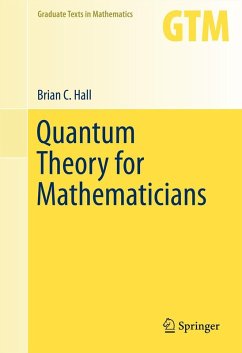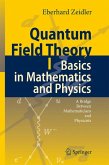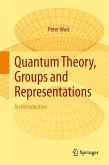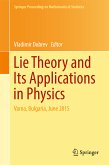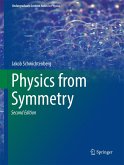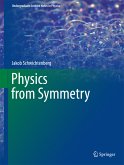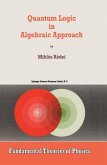The numerous exercises at the end of each chapter make the book suitable for both graduate courses and independent study. Most of the text is accessible to graduate students in mathematics who have had a first course in real analysis, covering the basics of L2 spaces and Hilbert spaces. The final chapters introduce readers who are familiar with the theory of manifolds to more advanced topics, including geometric quantization.
Dieser Download kann aus rechtlichen Gründen nur mit Rechnungsadresse in A, B, BG, CY, CZ, D, DK, EW, E, FIN, F, GR, HR, H, IRL, I, LT, L, LR, M, NL, PL, P, R, S, SLO, SK ausgeliefert werden.
"There are a few textbooks on quantum theory for mathematicians who are alien to the physical culture ... but this modest textbook will surely find its place. All in all, the book is well written and accessible to any interested mathematicians and mathematical graduates." (Hirokazu Nishimura, zbMATH, Vol. 1273, 2013)
"This textbook is meant for advanced studies on quantum mechanics for a mathematical readership. The exercises at the end of each chapter make the book especially valuable." (A. Winterhof, Internationale Mathematischen Nachrichten, Issue 228, 2015)
"There are a few textbooks on quantum theory for mathematicians who are alien to the physical culture ... but this modest textbook will surely find its place. All in all, the book is well written and accessible to any interested mathematicians and mathematical graduates." (Hirokazu Nishimura, zbMATH, Vol. 1273, 2013)

